It was an ensemble cast that won Academy Awards for Best Picture, Best Writing on an Original Screenplay and Best Achievement in Film Editing for the film Crash (2004). The challenging issues, character arcs, and story offer a social commentary that can resonate today for those willing to listen.

Peter and Anthony, portrayed by Larenz Tate and Ludacris, respectively, lead an ensemble cast that examines “Los Angeles citizens with vastly separate lives [that] collide in interweaving stories of race, loss and redemption,” as quoted by the Internet Movie Database. The two see their places in the world differently from the start, and connect with that world in vastly different ways.

Christine Thayer, as portrayed by Thandie Newton, collides in multiple ways with situations in Crash. The places Sgt. John Ryan collides, as portrayed by Matt Dillon, offer a glimpse of multiple layers of commentary in the factors they initiate. The storylines here are powerful and frightening in the provocations internally and externally.

The frame of the movie Crash, with writing credits for Bobby Moresco and film director Paul Haggis, physically begins the day after much of the action that is then explained through the course of the film. Introducing Detective Graham Waters with his partner, Ria, at a crime scene with Officer Johnson was a nice touch. Don Cheadle, Jennifer Esposito and Kathleen York play Waters, Ria and Johnson, respectively.

The stories of Officer Tom Hansen and television director Cameron Thayer become intertwined with a troubling police stop of two people heading home after an awards event in the story of Crash. Hansen and Thayer get caught up in a blatant pattern of troubling behavior that begins in common while throwing four characters into film-long conflict. Ryan Phillippe portrays Hansen as Terrence Howard portrays Thayer.

District Attorney Rick Cabot and his wife Jean, as portrayed by Brendan Fraser and Sandra Bullock, respectively, offer a perspective of wealth and influence at the top of the scale for all characters in Crash. There is love, in a fashion, between the Cabots atop the social ladder that is the object of the critique director Paul Haggis makes with the film. Tune into the feelings shared among those here and their attitudes geared at sharing those attitudes openly.

Two additional storylines offering the clearest notion of emotional connection for the audience are the stories of the families of Daniel Ruiz and Farhad Golzari, as respectively portrayed by Michael Peña and Shaun Toub. These stories draw in the feelings of parents to children, whereas other storylines look at marital questions, children caring for parents, and the interpersonal connections of social group, immigration status, gender, race and socioeconomic status all in play. Who changes, how they change, and the stressors of one affecting the actions in other places fair game.

The film offers many different looks into tensions in Los Angeles, California where antagonists provoke protagonists in one another’s stories. Many characters intersect into the stories of others, thus asking that characters to serve as both in the context of character types in many cases. The authorial / directorial intent almost hits you over the head, though in service of clear and largely accessible questions for those willing to engage. My rating for Crash lands at 4-stars on a scale of one-to-five.
Matt – Saturday, February 20, 2021

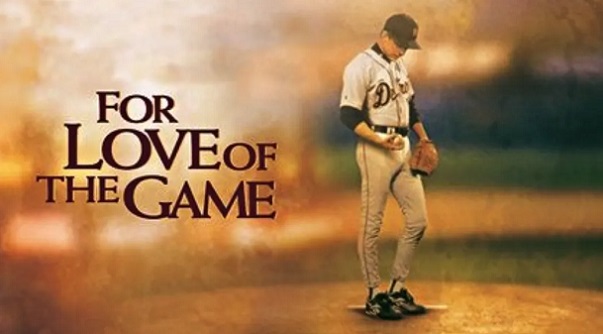
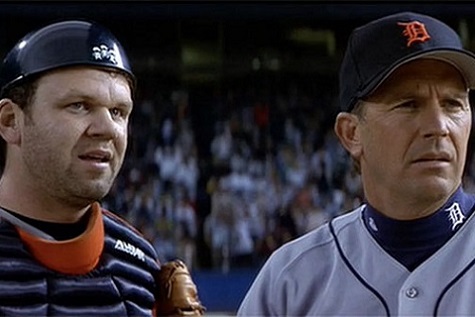 (John C. Reilly as Gus Sinski, left, and Kevin Costner as Billy Chapel in For Love of the Game).
(John C. Reilly as Gus Sinski, left, and Kevin Costner as Billy Chapel in For Love of the Game).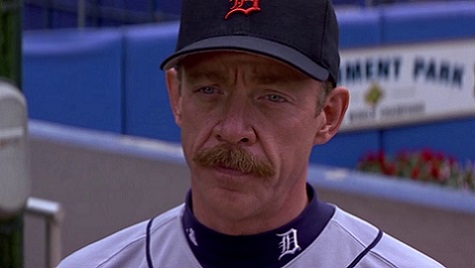 (J.K. Simmons as Detroit Tigers manager Frank Perry in For Love of the Game).
(J.K. Simmons as Detroit Tigers manager Frank Perry in For Love of the Game). (Kevin Costner as Billy Chapel, left, and Kelly Preston as Jane Aubrey in For Love of the Game).
(Kevin Costner as Billy Chapel, left, and Kelly Preston as Jane Aubrey in For Love of the Game).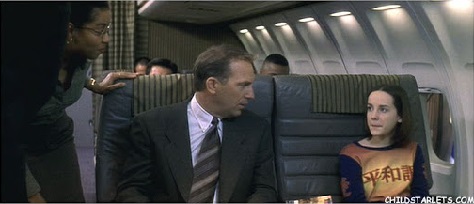 (Kevin Costner as Billy Chapel, left, and Jena Malone as Heather Aubrey in For Love of the Game).
(Kevin Costner as Billy Chapel, left, and Jena Malone as Heather Aubrey in For Love of the Game).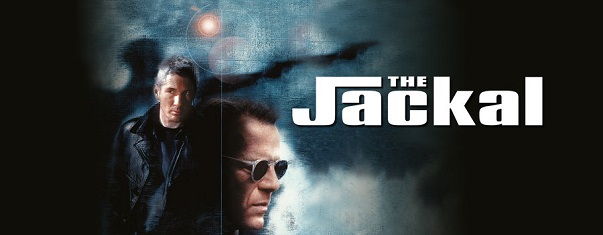
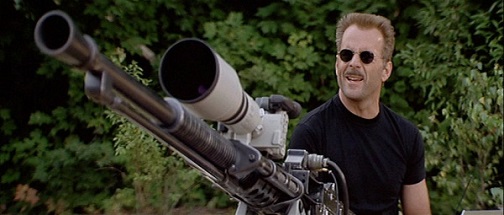 (Bruce Willis as The Jackal in The Jackal).
(Bruce Willis as The Jackal in The Jackal). (Sidney Poitier as Preston in The Jackal).
(Sidney Poitier as Preston in The Jackal).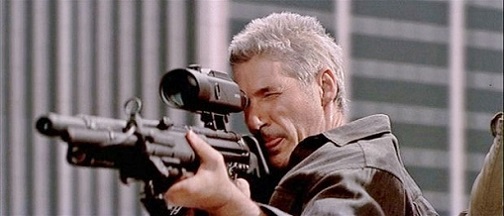 (Richard Gere as Declan Mulqueen in The Jackal).
(Richard Gere as Declan Mulqueen in The Jackal).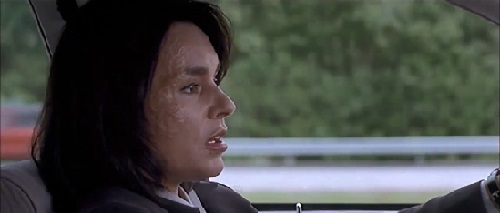 (Diane Venora as Valentina Koslova in The Jackal).
(Diane Venora as Valentina Koslova in The Jackal).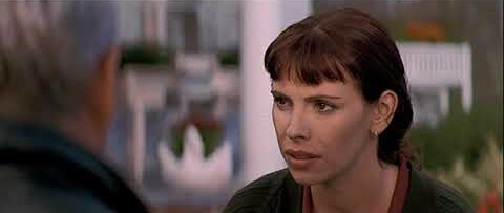
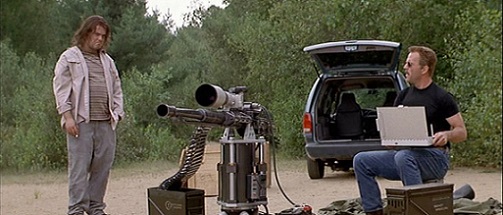 (Jack Black as Lamont, left, and Bruce Willis as The Jackal in The Jackal).
(Jack Black as Lamont, left, and Bruce Willis as The Jackal in The Jackal).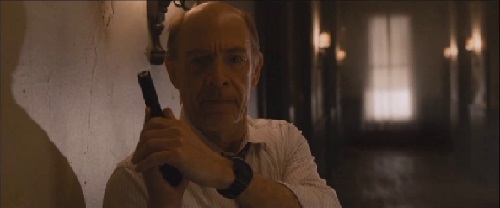 (J.K. Simmons as Witherspoon in The Jackal).
(J.K. Simmons as Witherspoon in The Jackal).